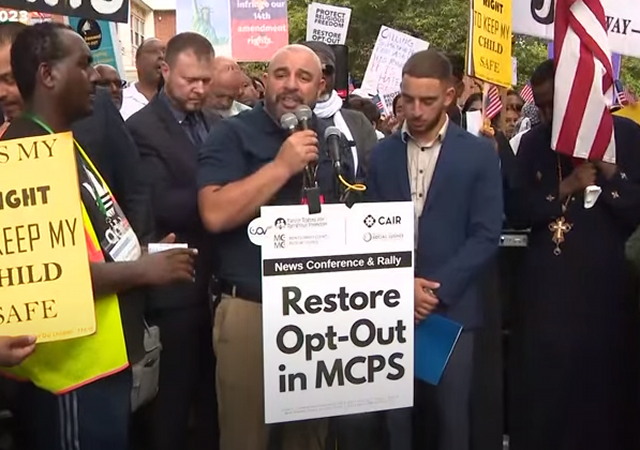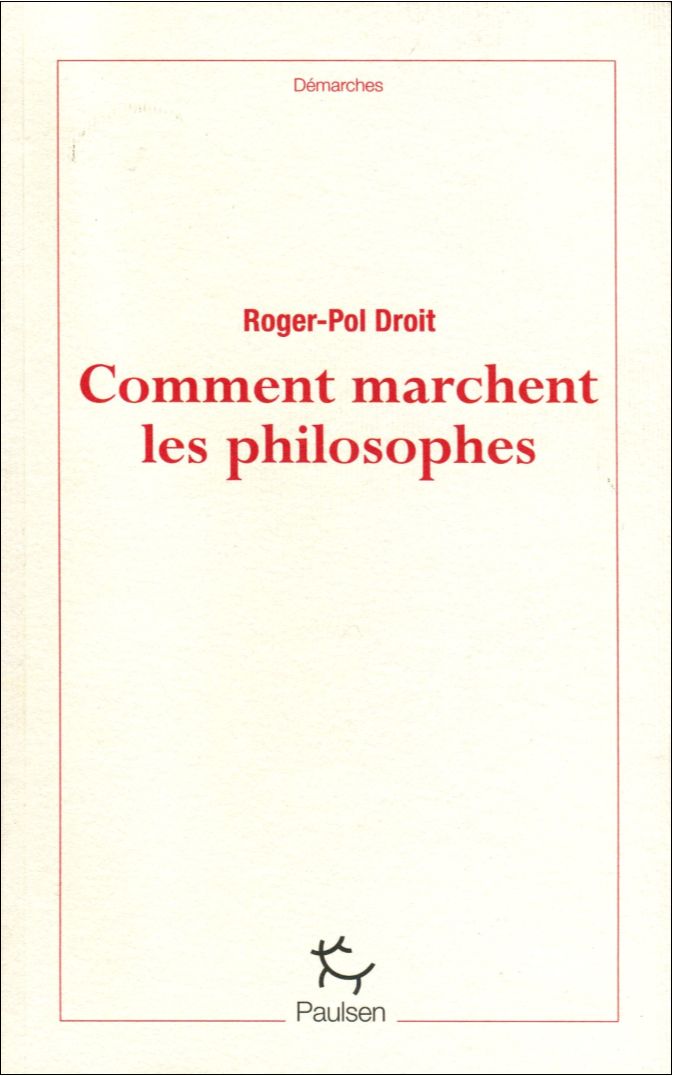Parental Notification For LGBTQ+ Materials In Elementary Schools: Supreme Court Case

Table of Contents
The Legal Arguments Presented in the Supreme Court Case
The Supreme Court case presented a clash between two fundamental rights: parental rights and LGBTQ+ student rights. The arguments presented were nuanced and far-reaching, with significant implications for school policies nationwide.
Arguments for Parental Notification
Proponents of mandatory parental notification emphasized the crucial role of parents in their children's education and upbringing. Their arguments centered on the concept of parental involvement, suggesting that parents have a fundamental right to be informed about materials that may influence their children's values and beliefs.
- Legal Precedents: Arguments supporting parental notification often cited legal precedents emphasizing parental rights in education, drawing upon the Fourteenth Amendment's Due Process Clause, which protects the right to raise children according to one's beliefs.
- Constitutional Rights: The First Amendment, guaranteeing freedom of speech and religion, was also invoked, suggesting that mandatory parental notification protects parents' right to direct the education and upbringing of their children according to their own values.
- Parental Autonomy: The core argument rested on the principle of parental autonomy – the right of parents to make decisions concerning the upbringing and education of their children, free from undue government interference.
Arguments Against Mandatory Parental Notification
Conversely, opponents of mandatory parental notification argued that such policies could be discriminatory, chilling to LGBTQ+ inclusivity, and even harmful to students.
- Potential Harm to LGBTQ+ Students: Concerns were raised about the potential for outing LGBTQ+ students to unsupportive families, leading to emotional distress, family conflict, and even homelessness. Mandatory notification could create a hostile environment for these students.
- Age Appropriateness: Critics argued that age appropriateness should be the primary factor in determining whether materials are suitable for elementary school students, rather than parental notification. The focus should be on providing inclusive and accurate education that is developmentally appropriate.
- Censorship Concerns: Mandatory notification policies could be used as a tool for censorship, allowing parents to object to materials based on personal beliefs, potentially limiting access to important information and diverse perspectives. This could lead to a biased and incomplete curriculum.
The Supreme Court's Ruling and its Implications
[Insert Date of Ruling if available] The Supreme Court's decision in [Insert Case Name if available, otherwise remove this phrase] [Insert brief summary of the ruling. e.g., "upheld the right of schools to implement parental notification policies but clarified that these policies must adhere to strict guidelines to avoid violating student rights." or "ruled against mandatory parental notification, emphasizing the potential harm to LGBTQ+ students and the importance of age-appropriate curriculum."].
The Decision
[Elaborate on the specific points of law addressed in the ruling, e.g., interpretation of parental rights, the application of the First and Fourteenth Amendments, the definition of "sensitive materials," etc.]
Impact on School Policies
The ruling presents significant challenges for schools. They must now navigate the complexities of creating notification procedures that respect both parental rights and student rights. This may involve:
- Developing clear and transparent policies on curriculum selection and parental notification.
- Providing avenues for parental input and engagement without compromising student well-being.
- Balancing the need for LGBTQ+ inclusivity with the right of parents to be informed.
Impact on Parental Rights
The ruling's impact on parental rights is multifaceted. While acknowledging parental involvement in education, the court clarified the boundaries of this involvement, particularly where it might infringe upon students' rights and well-being. This could lead to:
- Increased legal challenges from parents seeking greater control over curriculum content.
- The need for schools to improve communication and collaboration with parents.
- A clearer understanding of the legal limits of parental involvement in educational matters.
Public Reaction and Ongoing Debates
The Supreme Court decision sparked strong reactions from various groups.
Reactions from LGBTQ+ Advocacy Groups
LGBTQ+ advocacy groups expressed concerns about the potential negative impacts on LGBTQ+ students, emphasizing the need for inclusive and affirming educational environments. Many argued that the ruling could lead to increased discrimination and stigmatization.
Reactions from Parental Rights Organizations
Parental rights organizations generally welcomed the decision, viewing it as a reaffirmation of parental authority in education. However, many emphasized the need for collaborative communication between schools and parents.
Future Legal Challenges
Given the complexities of the issue, further legal challenges are likely. Future cases may focus on the interpretation and application of the Supreme Court’s ruling in specific contexts, potentially leading to further clarification of the legal landscape surrounding parental notification and LGBTQ+ education.
Conclusion
The Supreme Court case on parental notification for LGBTQ+ materials in elementary schools highlights the ongoing tension between parental rights and LGBTQ+ student rights. The ruling, while providing some clarity, also leaves significant questions unanswered and creates challenges for schools and families alike. Understanding the complexities of this case and its implications is crucial for navigating the ongoing debates in our communities. Stay informed about the ongoing developments and the impact on your community by following updates on [link to relevant news sources] and engaging in respectful dialogue about LGBTQ+ resources in schools and parental involvement in school curriculum. The conversation surrounding parental notification for LGBTQ+ materials in elementary schools is far from over, and continued vigilance is necessary to ensure both parental rights and the well-being of all students are protected.

Featured Posts
-
 Trump Protests A Nationwide Uprising
Apr 23, 2025
Trump Protests A Nationwide Uprising
Apr 23, 2025 -
 Blue Origins Setbacks A More Significant Failure Than Katy Perrys Recent Struggles
Apr 23, 2025
Blue Origins Setbacks A More Significant Failure Than Katy Perrys Recent Struggles
Apr 23, 2025 -
 Trumps Absence In Key Economic Indicators
Apr 23, 2025
Trumps Absence In Key Economic Indicators
Apr 23, 2025 -
 Record Nine Stolen Bases Brewers Decisive Win Against A
Apr 23, 2025
Record Nine Stolen Bases Brewers Decisive Win Against A
Apr 23, 2025 -
 Comprendre La Philosophie De Marc Fiorentino A Travers Sa Carte Blanche
Apr 23, 2025
Comprendre La Philosophie De Marc Fiorentino A Travers Sa Carte Blanche
Apr 23, 2025
Latest Posts
-
 Wynne Evans Health Recent Illness And Future Performances
May 10, 2025
Wynne Evans Health Recent Illness And Future Performances
May 10, 2025 -
 Wynne Evans Health Scare Illness Details And Potential Showbiz Comeback
May 10, 2025
Wynne Evans Health Scare Illness Details And Potential Showbiz Comeback
May 10, 2025 -
 Go Compare Advert Change Wynne Evanss Post Strictly Situation
May 10, 2025
Go Compare Advert Change Wynne Evanss Post Strictly Situation
May 10, 2025 -
 Wynne Evans And Go Compare The Impact Of The Strictly Scandal
May 10, 2025
Wynne Evans And Go Compare The Impact Of The Strictly Scandal
May 10, 2025 -
 Ensuring Smooth Travel Wheelchair Accessibility On The Elizabeth Line
May 10, 2025
Ensuring Smooth Travel Wheelchair Accessibility On The Elizabeth Line
May 10, 2025
